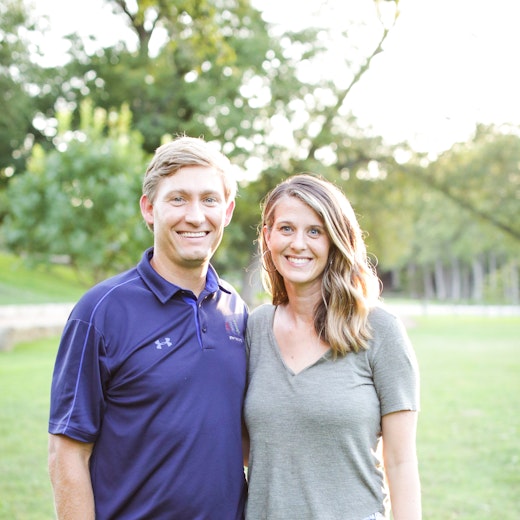Last Child In The Woods: Chapter 2 Third Frontier

As we read further into Part 1 of Last Child In The Woods, more questions have surfaced.
-
Are we aware of our own specialization and what it communicates?
-
How should history inform our decision in the 3rd Frontier?
For today’s young people, that familial and cultural linkage to farming is disappearing, making the end of the second frontier. – Richard Louv
Think about how the Third Frontier has led to so much specialization. I was reminded of this recently by friend and counselor Chris Legg. We hire others to do so many things, like mow our lawn, build our houses, tow our cars, and unplug our toilets. I am not saying by any means that hiring someone to do something is a bad thing. In fact, if I make $50 an hour and it costs me $30 to get my oil changed in 10 minutes, then it would make logical sense to have someone else do it.
We can no longer assume a cultural core belief in the perfection of nature. To previous generations of children, few creations were as perfect or as beautiful as a tree. – Richard Louv
But what convicted me recently was the realization that when I do hire someone to do a job, I am telling my children it’s not important to me. My job as a father is to raise up our boys as men so that they ultimately know their God-given significance and purpose. Likewise, there are things that I do want to specialize and teach my sons, like how to tie knots, gun safety and how to shoot guns, go duck hunting, how to mow and weedeat, how to rig a lure and go fishing, and how to change a tire. These are prime learning by doing opportunities that if I do not do with my sons, they will likely never learn or experience. These are also precious opportunities, many of which are in nature, to know my sons.
But what really defines the books, and the age they represented is the unquestioned belief about being in nature was about doing something, about direct experience— and about not being a spectator. – Richard Louv
As far as how history should inform our decisions in the 3rd Frontier, one easy thing to teach and experience with our children is where food comes from. I think Louv hits the nail on the head when he explains why kids think that food ultimately comes from the grocery store.
…where the meat that she eats comes from, and that meat is not born plastic-wrapped. – Richard Louv
One easy decision we can make as parents is to do a few simple things that reconnect our children with sources of foods. Our friends the Howards in Henderson have a chicken coop and raise their own eggs. My cousins (the Gregorys) here in Timpson just built a garden in their back yard. Things like this are great at connecting our children with food sources, and our children learn so much in the process.
The American experience of nature…has gone from direct utilitarianism to romantic attachment to electronic detachment. – Richard Louv
What did you learn in Chapter 2?

